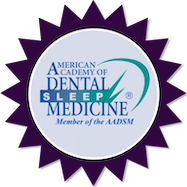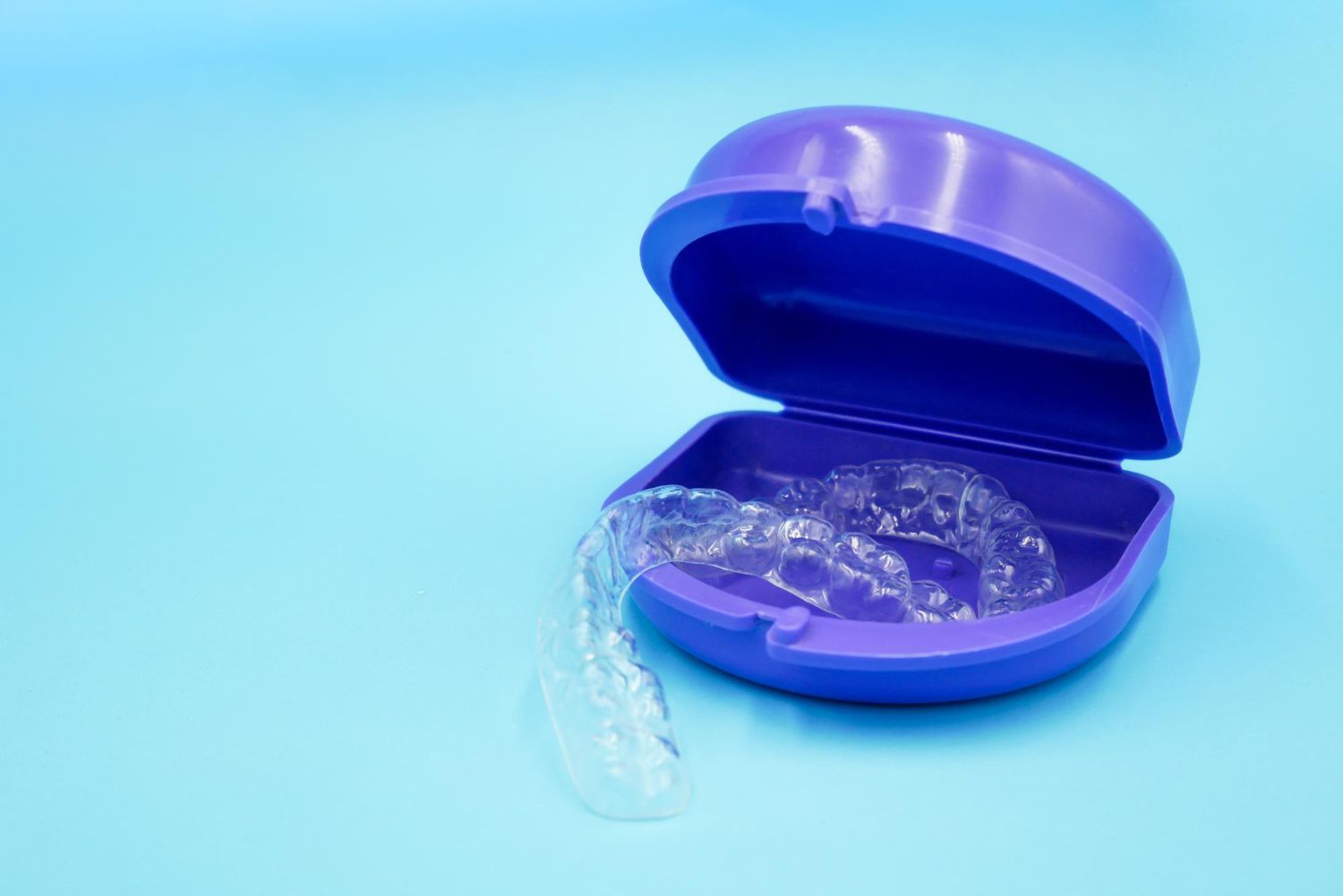Welcome to Fuller Sleep & TMJ Solutions | Greensboro, NC | frontdesk@fullersleep.com
Exploring the Link Between TMJ/TMD and Chronic Headaches

Many people suffer from headaches without knowing that a condition like TMJ/TMD could be a contributing factor. At our clinic, we focus on identifying and treating underlying causes that exacerbate or trigger headaches. TMJ, or temporomandibular joint disorder, involves the joints of your jaw but can have far-reaching effects, including severe headaches and facial pain.
Understanding the connection between TMJ/TMD and headaches is the first step towards relief. This disorder affects how your jaw muscles and nerves function, often leading to a cycle of pain that impacts not only your jaw but also your head. Headaches caused by TMJ/TMD can range from mild to debilitating and may be mistaken for other types of headaches due to their similar symptoms.
At our clinic, Dr. Fuller specializes in evaluating this complex relationship between jaw alignment and headache symptoms. By addressing TMJ/TMD, many of our patients experience significant relief not only from jaw pain but also from the chronic headaches that have disrupted their daily lives. With personalized care and advanced treatment options, we help our patients achieve a better quality of life without the constant interruption of pain.
What is TMJ/TMD and How Can It Cause Headaches?
Temporomandibular Joint Disorder (TMJ or TMD) is a condition that affects the joint connecting your jaw to your skull. Many of our patients come in wondering why their jaw issues are causing headaches. The answer lies in the complexity of the temporomandibular joint itself. This joint is highly active and is used throughout the day as you speak, chew, and swallow. Problems in this joint can lead to strain and pain, including headaches.
When the muscles around the jaw and the temporomandibular joint are inflamed or irritated, the tension can spread to surrounding areas, including the skull. This can lead to chronic headaches. The type of headache most commonly associated with TMJ/TMD is a tension headache, which often feels like a tight band around the head. This is why treating the root cause of jaw tension can play a crucial role in alleviating these uncomfortable headaches.
Key Symptoms Linking TMJ/TMD to Chronic Headaches
Recognizing the symptoms linking TMJ/TMD to chronic headaches is pivotal in treating this condition effectively. Patients experiencing TMJ/TMD often report a variety of symptoms that are critical to understanding the direct impact it has on their occurrence of headaches. Here are the most common symptoms we observe:
1. Jaw Pain and Stiffness: A primary sign of TMJ/TMD is persistent pain or stiffness in the jaw area, particularly in the morning or late in the day.
2. Clicking or Popping Noises: When you open or close your mouth, you might hear a clicking or popping sound. This indicates that the disks that cushion the movement of the temporomandibular joint may be misaligned.
3. Limited Jaw Movement: Some individuals find it hard to open their mouths wide or experience locking of the jaw. This restriction can exacerbate the tension around the head area, leading to headaches.
4. Ear Pain: Because of the close proximity to the temporomandibular joint, some people might experience pain or ringing in their ears, often mistaken for an ear infection.
These symptoms also allow us to tailor our treatment approaches effectively, targeting both the discomfort and the secondary headaches. By addressing these signs early, we can help alleviate both the primary and secondary symptoms, improving your overall quality of life.
Treatment Options Available for TMJ/TMD-Related Headaches
Dealing with TMJ/TMD-related headaches requires a multipronged approach that addresses both the symptoms and the underlying causes. At our clinic, Dr. Fuller utilizes a combination of therapies to ensure effective relief and long-term prevention. One of the most successful treatments is oral appliance therapy, which involves the use of a custom-made mouthpiece to help realign the jaw and reduce stress on the temporomandibular joint.
In addition to oral appliance therapy, we often recommend physical therapy, which includes exercises designed to strengthen and relax the jaw muscles, thereby easing the tension. These exercises not only help to mitigate the immediate symptoms but also contribute to lasting health by correcting misalignments and improving joint function. Pain relief medications may be used as well, primarily to manage acute discomfort while the other treatment strategies take effect.
Preventive Measures and Lifestyle Adjustments to Minimize TMJ/TMD Symptoms
Prevention plays a crucial role in managing TMJ/TMD and associated headaches. We encourage our patients to adopt lifestyle changes that can significantly reduce the frequency and severity of their symptoms. Simple strategies include:
- Stress Management: Since stress can tighten facial and jaw muscles, effective stress management techniques such as yoga, meditation, or even regular physical activity can reduce the likelihood of TMJ flare-ups.
- Dietary Adjustments: Opting for soft foods that require less chewing can give your jaw a break, especially during periods of heightened symptoms. Avoiding hard, chewy, or crunchy foods can also prevent exacerbating jaw pain.
- Proper Jaw Alignment Habits: Being mindful of keeping your teeth slightly apart during the day unless you are eating and avoiding habits that create poor alignment (like teeth grinding or nail biting) can also help in reducing TMJ symptoms.
Implementing these preventive measures alongside recommended treatments can enhance your ability to manage TMJ/TMD effectively. Dr. Fuller is dedicated to educating and guiding each patient through these adjustments, ensuring they can achieve a higher quality of life free from chronic pain.
Through a committed partnership with our patients, our TMJ doctors strive to provide holistic care that addresses the physical symptoms of TMJ/TMD in Greensboro, NC, and their impacts on overall health. If you are experiencing any signs of TMJ/TMD or if you suffer from recurrent headaches, do not hesitate to reach out to us at Fuller Sleep & TMJ Solutions today. Together, we can work towards a solution that offers relief and promotes long-term well-being.
Disclaimer: Our blogs serve to educate our patients; not all treatment options may be available at our clinic. Please feel free to call in and book a consultation to see our doctor.

CONTACT US
Fuller Sleep & TMJ Solutions
1515 West Cornwallis Dr Suite 110 Greensboro, NC 27408
BUSINESS HOURS
Monday: 8am – 5pm
Tuesday: 8am – 5pm
Wednesday: 8am – 5pm
Thursdays: 8am – 2pm
All Rights Reserved | Fuller Sleep & TMJ Solutions
© 2023 All Rights Reserved | Fuller Sleep & TMJ Solutions
Website designed by: Morningdove - Accessibility Statement












